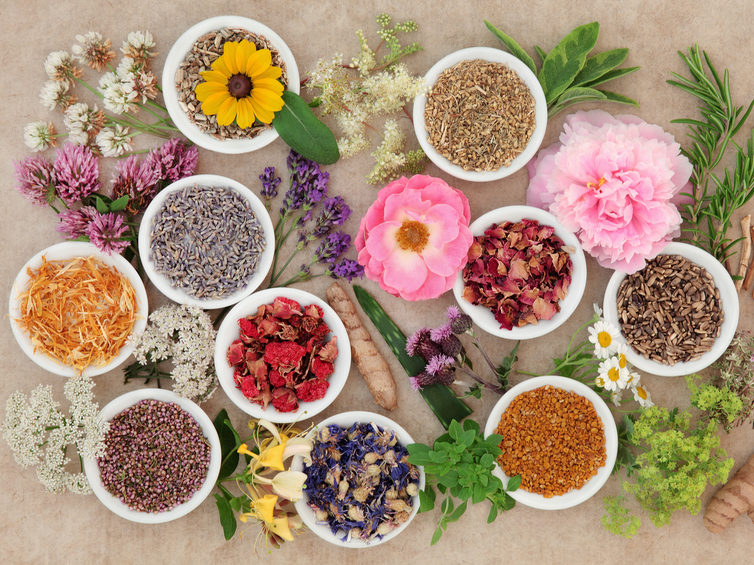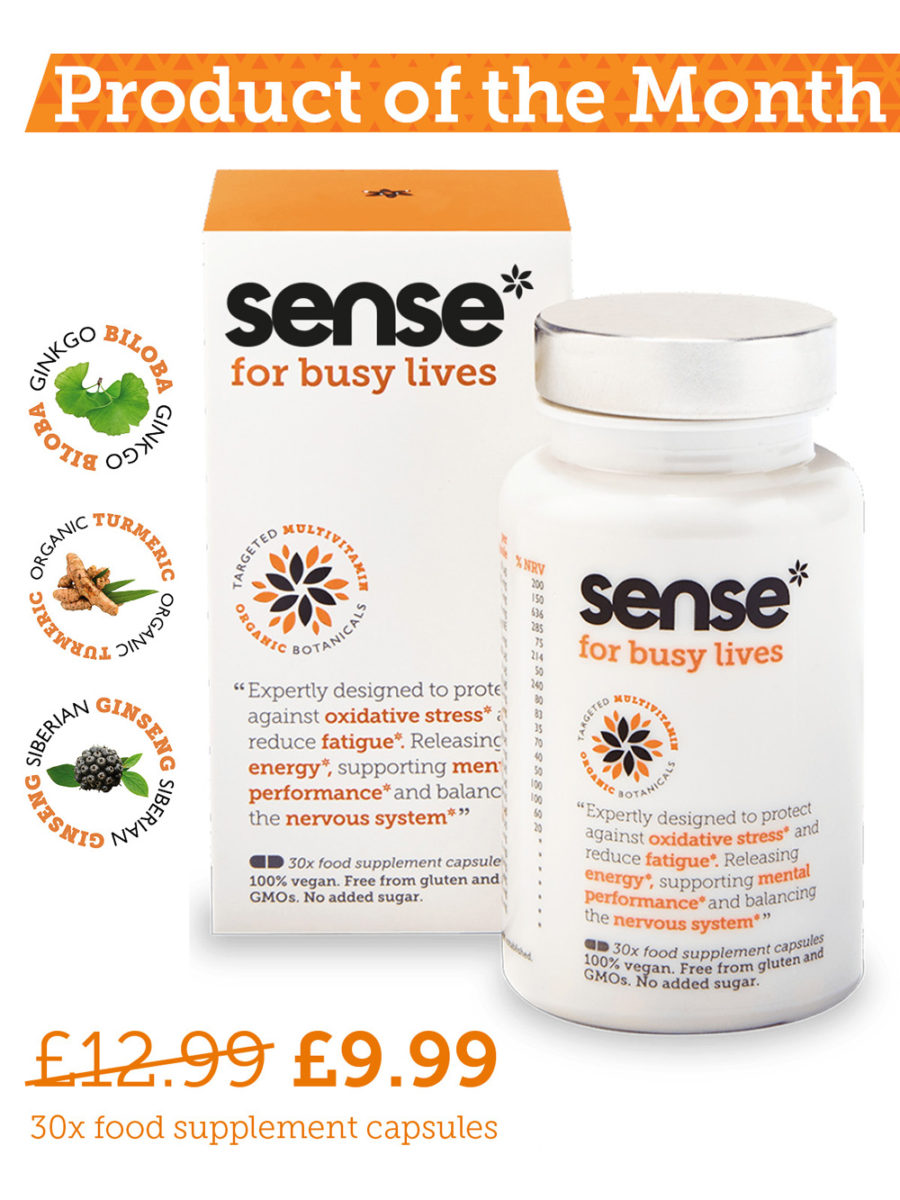
By Joan Ebsworth, guest writer for sense*, biologist and mother of sense* Founder, Jonathan on becoming a vegan. Why is it a good idea? What do you need to think about?
Vegan or Vegetarian?
I have explained what the difference is in an earlier article on Veganism or Vegetarianism.The term vegan is one that I do not like but I have to use it because it exits and describes my dietary preference. In my view, the word vegetarian should cover the issues in total.
I became a vegetarian 51 years ago and I did it for a variety of reasons and I did it alone. My family of four others continued to be omnivores and I continued to buy and cook meats for them.
As a zoologist I had been handling dead animals for years so, at that time, I didn’t think about it very much.
I don’t do it anymore.
How I deal with meat eaters?
People who visit me and who eat meat products, have to buy their own and cook their own. I won’t do it any more.
Having said that I would never influence or impose veganism on anyone. It always has to be the decision of each individual.
Becoming a vegan
So here is my advice on becoming a vegan and the points are in no particular order:
Try making a journal
1. Once you decide to go down this path then write down your reasons for going down this path, in a journal, so that later you can go back and review them. My reasons were initially based on my health, ethics, the environment and my own biology.
Take your time
2. There is no reason to change all at once. I did because it suited me to do that. I gave myself two years, as an experiment. Here I am 51 years later even more strict with myself than I used to be!
Protein-no big deal
3. People are generally hung up on whether they will be getting enough protein in their diets. Don’t worry about it. If you eat a balanced vegan diet you will be getting more than enough. Nuts, seeds, legumes, beans and all fruits and vegetables contain masses of protein. People think that because they eat animal products they are getting enough but often it is not digested and absorbed properly.
Hydrate better
4. Make sure that when you change, you hydrate well. Your diet will be much higher in fibre and fibre likes more water to do its job properly. What is that job? To feed the good guys (bacteria) in your gut (your microbiome). It also helps keep your digestion move along at the right speed.
Eat enough
5. Veganism is not about eating a few lettuce leaves. If anything you can eat more volume because vegan food is less likely to contain sugar or bad fats provided you keep away from processed vegan foods. These processed vegan products like the ‘free from’ industry make products that can be as bad as any other processed products in terms of sugar, salt and poor quality fats.
Vegan does not equal healthy
6. Do not assume that becoming a vegan will equate with being “healthy”. Many vegan diets are extremely unhealthy for a variety of reasons as alluded to above.
Have fun in the kitchen
7. Get away from takeaways and fast foods. Get back in the kitchen if you haven’t already done so. Enjoy experimenting with new recipes. Enjoy shopping for food. Make it fun. Start using herbs and spices to liven up your palate and improve your health.
Get rid of processed food
8. Cut back on the carbs, sugars and all processed foods in general. Research all of the good fats that you can include in your meals, from nuts, seeds and avocados to a whole variety of coconut products. These contain saturated fats rather than non-saturated fats. Avoid the latter in all forms particularly trans fats which are carcinogenic.
Don’t beat yourself up
9. They say that it takes 60 days to change a habit of a lifetime so do not expect perfection overnight. Just keep the end objective in your mind each day. Journaling each day can help many people. Remember that some foods are so addictive and difficult to give up. Cheese is one of them. Don’t beat yourself up about it – just keep trying.
Explain and be proud but don’t try and convert
10. You may be confronted with opposition from family and friend’s. I have experienced this first-hand. I have been told that I am often not invited to social events because they don’t know what to give me to eat!! DOH!
What about all of the veggies and fruit that they sell in a supermarket? If they ask you for reasons then assure them that you are not ever going to try and convert them! Never make excuses for yourself. Stand up and be proud of what you are doing.
What are the benefits from being vegan?
These are some benefits that you might you find after those first 60 days:
- More energy
- Fewer infections such as colds
- Fewer visits to see your GP
- Healing more rapidly from injuries
- A liver that has been detoxed and working better
- A much healthier microbiome and gut health
- Going to the loo more often because of all of that fibre and water (again detoxifying)
- Your skin, hair and nails will look better too.
Environmentally – the bigger picture
In a tiny way you will have reduced animal cruelty in the world. Well done!
Reduce methane
But just as importantly by reducing the number of animals kept for meat production it will reduce the methane in the atmosphere.
Methane is a by-product of animal production. It is more than 80x more harmful than carbon dioxide in its first two decades after release. Why? because it is a fuel and is heated directly by the sun thus contributing heavily to the green-house effect.
Regenerate the soil
Eating more plants encourages more regenerative farming and that can only be good for the soil of the planet.
Reduce unsustainable corn crops
However, one type of plant we want to grow less of is corn since this is linked to meat production. By eating less meat we will reduce the amount of unsustainable corn production. Vast areas in the US and China will be given back to plant based production for human consumption.
Bringing diversity and reducing water contamination by fertilizer and pesticides. Also preventing the release of large quantities of nitrous oxide which is 300x more dangerous than carbon dioxide.
Increase oxygen production
Growing more and more plants for vegans will provide us all with more oxygen in the air that we breathe and less carbon dioxide for greenhouse gases (photosynthesis).
Veganism has paid off
For anyone who reads this and makes a decision to change their diet I wish them every luck in the world.
I have never looked back in those 51 years and at 81 I feel that it has paid off as I still have really good quality of life each day and that is so important to me.
This is not a sense* article. The views expressed in this article are those of the author so there may be opinions or statements in this article that are not approved by sense* and do not represent the views and opinions of the company.

